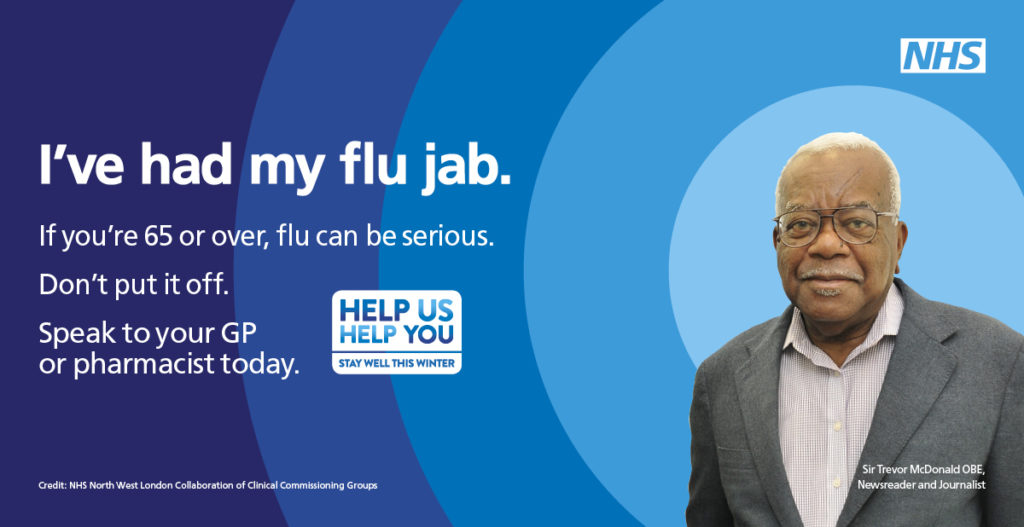Blog
Why You Should Get a Flu Vaccine Every Year
1. The Flu Virus Mutates Constantly
One of the key reasons why you should get a flu vaccine every year is that the influenza virus changes every year. Unlike some diseases where one vaccine can provide long-term protection, flu viruses evolve, creating new strains that spread globally each flu season. The flu vaccine is updated annually to target the specific strains that research predicts will be most common.
By getting an annual flu jab, you are preparing your immune system to fight off the most recent versions of the flu virus. Without this protection, you’re more likely to encounter strains your immune system hasn’t been exposed to, leaving you vulnerable to infection.
2. Your Immunity from Last Year’s Vaccine Fades Over Time
Even if the flu strains were the same from one year to the next, the immunity your body builds after vaccination isn’t permanent. Over time, the effectiveness of your immune response declines. By the time flu season comes around again, your body might not be fully equipped to fight the virus.
Annual flu vaccines ensure that your immune system stays alert and ready to fend off infection, providing you with the best possible protection against the flu every year.
3. The Flu Can Be Severe for Certain Groups
While some people experience mild symptoms, the flu can be life-threatening for others. Young children, the elderly, pregnant women, and individuals with chronic health conditions like asthma, heart disease, or diabetes are at much higher risk of developing serious flu complications, including pneumonia, hospitalization, and even death.
Getting vaccinated not only protects you but also helps shield vulnerable populations. This concept is known as herd immunity, where widespread vaccination reduces the overall spread of the flu virus, making it less likely that those who are most at risk will get sick.
4. It Reduces the Strain on Healthcare Systems
Every flu season, millions of people fall ill, hundreds of thousands are hospitalized, and tens of thousands die from flu-related complications. When flu season overlaps with other healthcare challenges (such as the ongoing COVID-19 pandemic), hospitals and clinics can become overwhelmed.
By getting vaccinated, you help reduce the overall number of flu cases, which in turn reduces the strain on healthcare resources. This allows hospitals and healthcare workers to focus on more severe cases and emergencies.
5. It Protects Your Loved Ones and Co-Workers
The flu virus is highly contagious, spreading easily through droplets when an infected person talks, coughs, or sneezes. You can spread the flu to others even before you know you’re sick, which means that by the time you develop symptoms, you may have already passed the virus on to others.
Getting a flu jab helps prevent you from becoming a carrier, thereby protecting your family, friends, colleagues, and even strangers from catching the flu. This is especially important for people in close quarters, like in offices, schools, or public transportation, where viruses can spread quickly.
6. It May Help Prevent Severe Illness
Even if you do end up getting the flu despite being vaccinated, research shows that the flu jab can reduce the severity of the illness. Vaccinated individuals tend to experience milder symptoms and are less likely to be hospitalized due to flu complications. Studies have found that flu vaccination reduces the risk of flu-associated hospitalizations among adults by about 40% to 60%.
7. Flu Vaccines Are Safe
Flu vaccines have been studied extensively and are proven to be both safe and effective. Side effects, if any, are usually mild and short-lived, such as soreness at the injection site or a low-grade fever. These minor inconveniences are far outweighed by the benefits of protection against a potentially dangerous virus.
It’s also important to note that the flu vaccine cannot give you the flu, contrary to popular belief. The viruses used in flu vaccines are either inactivated or significantly weakened, meaning they can’t cause infection. Any flu-like symptoms you might feel after getting vaccinated are typically your body’s immune response, which is a sign that the vaccine is working.
8. Convenience and Availability
Getting a flu jab has never been easier, if you are eligible for a free vaccine, you will be invited by the NHS to make an appointment at either your GP or local pharmacy. Most pharmacies such as ours will also offer walk-in appointments. Many employers also offer vouchers to get flu jabs for free, making it both affordable and convenient to stay protected.
Conclusion
You should get a flu vaccine every year as it is an easy and effective way to protect yourself, your loved ones, and your community from the flu. The annual vaccine adapts to changing flu strains, boosts your immunity, and reduces the severity of illness if you do get sick. It also plays a crucial role in reducing the burden on healthcare systems and protecting those most vulnerable to flu complications. So as flu season approaches, make it a priority to roll up your sleeve and get vaccinated—your health and the well-being of those around you depend on it.
Call us now to book your Flu jab – 020-8869-1200

